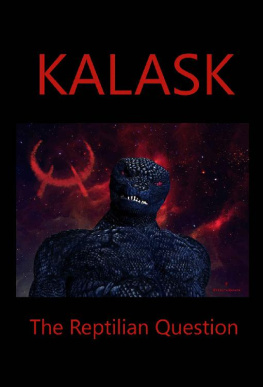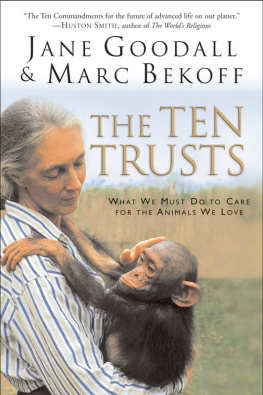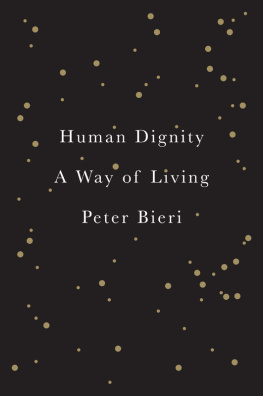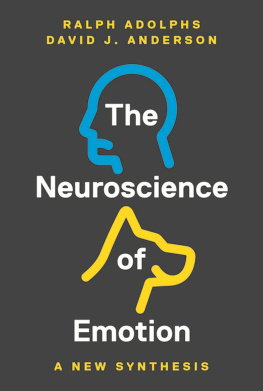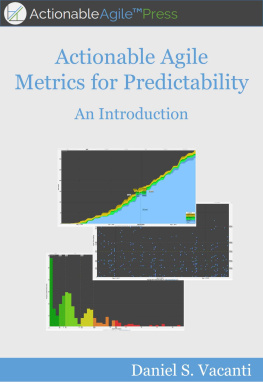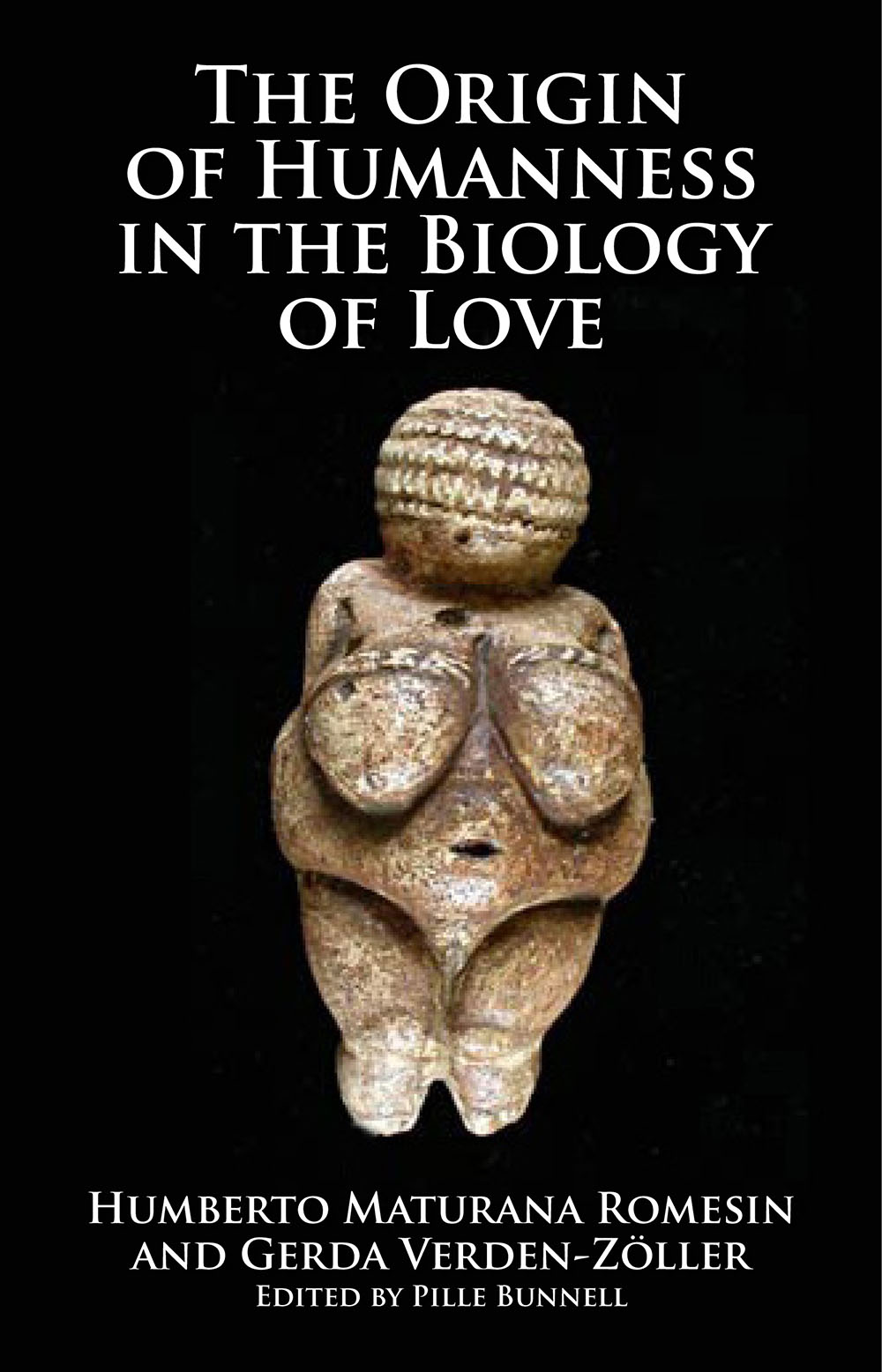
Title Page
THE ORIGIN OF HUMANNESS IN THE BIOLOGY OF LOVE
Humberto Maturana Romesn
and Gerda Verden-Zller
Edited by Pille Bunnell
Copyright Page
Copyright Humberto Maturana Romesn, 2008
The moral rights of the author have been asserted.
No part of this publication may be reproduced in any form without permission, except for the quotation of brief passages in criticism and discussion.
Originally published in the UK by
Imprint Academic, PO Box 200, Exeter EX5 5YX, UK
Originally published in the USA by
Imprint Academic, Philosophy Documentation Center
PO Box 7147, Charlottesville, VA 22906-7147, USA
Digital version converted and published in 2012 by
Andrews UK Limited
www.andrewsuk.com
Editors Foreword
The Origin of Humanness in The Biology of Love
A path of changes
When Dr. Humberto Maturana handed me the manuscript for this book at the first American Society for Cybernetics Conference I attended in 1995, I had no idea that this would lead to a substantial change in my own life and career.
As a systems ecologist, I had known of his work, and had even attended a seminar he presented in my home town the year prior, but I had not then understood the depth of the work and its substantive implications for how we think about ourselves and all our relations - both in our cultural matrix and in the biosphere. Its not that the seminar had not been meaningful. In the 1994 Vancouver seminar, Maturana had spoken about the shift in the lives of children as they moved from the matristic ambience of a home culture to the ambience of a more patriarchal real world culture. As a result of the reflections this stimulated, my husband and I were willing to accept our then teenaged sons choice of an alternative school - a choice that all three of us look back on with gratitude.
Of course Dr. Maturana knew nothing of this as he handed me the manuscript. He was passing out copies, and I imagine he was hoping that someone would make a suggestion for where this little book could be published.
I was nave enough to offer to edit the work. I did not realize how presumptuous I was, and how gracious he was in being willing to consider my offer. Nor did I realize that this would become a lengthy process that would afford me the enormous privilege of what amounted to personal tutoring from a foundational scholar of cybernetics. And I did not even dream how deeply these ideas would affect me, to the extent that I changed my career from a successful international environmental consultant to a university professor. I now love to teach, to inspire, and to expand the vision of students who in turn consistently find the material deeply and abidingly inspiring for how they live, both personally and professionally.
Once we began editing, Maturana generously and impeccably answered many emails, and sat with me, reviewing my proposed edits, during the breaks in several further conferences. I had secured a publishing agreement and the publisher waited patiently for the completion of the manuscript. Eventually both of us were content with the accuracy and the readability of the book. At that point, however, various extenuating circumstances intervened, and publication of the book was curtailed. Fortunately, the original edited manuscript has now been resurrected and we are all happy to present this book to a readership who may find it as seminal as I did.
Significance of Maturanas work
Now I would like to say a few words about why I find Maturanas body of work so important, and also why it is sometimes seen as difficult. My students have variously called it chewy, mental calisthenics, and practical philosophy.
If I were to claim that any of the following is either true, or an interpretation of Maturanas work, then I would be acting inconsistently with the understanding that I have gained from it. All I can do, and all I wish to do, is offer my own understanding based on my own experience. I have found the work illuminating, compelling, and evocative of a manner of social and ecological living that I find vital, attractive and deeply resonant.
I write with the desire that what I say may trigger some insight or illumination in others. I cannot know - I am constitutionally not competent to know - what understanding or action now will later result in a world that we, as Homo sapiens amans , would like to have lived forth, along with all our relations, human and other. I do not know what words and actions lived now will have the eventual result that we, or our children, will not later live in regret. Yet, yet - I do think and believe that a manner of thinking that conserves reflection as well as love has the highest probability of becoming a world that we can live in through conserving our lineage as described by Maturana and Verden Zller in this book. So this is what I want to speak of here - namely why I think Maturanas work leads to conserving reflection as a manner of thinking (as does the work of his colleagues, and of the many people around the world who have been inspired by it).
A network of ideas
I have noted over the years that different people find different entry points into the network of ideas, insights and explanations that constitute the lifework of Dr. Maturana. The different entry points as the central aspect, with further attention on structural coupling and lineaging (which they may consider equivalent to evolution ). Others are enchanted by the experimental work on the nervous system, which leads to thinking about cognition and to our inability to claim any sort of privileged access to reality. These people often refer to the body of work as the Biology of Cognition. Yet others are more deeply taken by the relational dynamics of emotioning and languaging , and the consequent cultural implications, and see the whole as the Biology of Love. This book emphasizes the Biology of Love, as is evident in its title. There are also people who approach the work from a philosophical interest, and are concerned with ontological and epistemological implications.
In my view all of these are encompassed in what Maturana and his colleagues now call the Biological and Cultural Matrix of Human Existence. For ease of introducing it to students, I refer to it as a network of ideas, insights, and explanations. I also tell my students that this is a peculiar network. Lets say the letters of the alphabet represent the various concepts and ideas where they have to learn A before they can understand B, but they cannot really understand A fully until they have learned B. The same is true for C, D, E and F; each of which contributes more depth to A, and to B, as well as to each other ( Figure 1 ).
Figure 1. A Network of Explanations
This drawing is not intended to describe the whole matrix of ideas encompassed by Maturanas work, nor that of his colleagues at Instituto Matriztico. Indeed, some of the ideas included here may differ from what they include or emphasize. I show my figure here partly to give a sense of the breadth of ideas involved, but mostly to emphasize the network nature of the whole. All the lines in this figure imply reciprocity in understanding. Not all connections are shown; my purpose here is to suggest a density of connections among the ideas - which thus constitute a coherent whole.
(A similar type of figure was presented in Maturana and Varelas The Tree of Knowledge , and mine is not intended as a replacement for that).
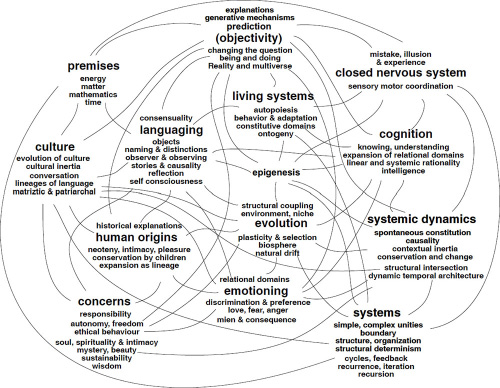
Thus it is a coherent network that deepens as one engages with it. However one has to begin somewhere, so I propose that we begin with the concept represented by the letter A (which varies according to the interest of the group being addressed). I caution them that since they know that A will appear different after learning B, they have to approach the whole with the willingness to not assume that any element is complete in isolation from the rest. One has to be willing to let go of what one knows about any aspect at any moment in order to understand it, and the whole, more fully. The process of becoming an expert in any field relies on a similar approach.
Next page


